News
-

How can and should the government respond to the current low participation in the national immunization programme? Can certain forms of coercion be justified? The book Inducing Immunity? Justifying Immunisation Policies in Times of Vaccine Hesitancy provides answers.
-
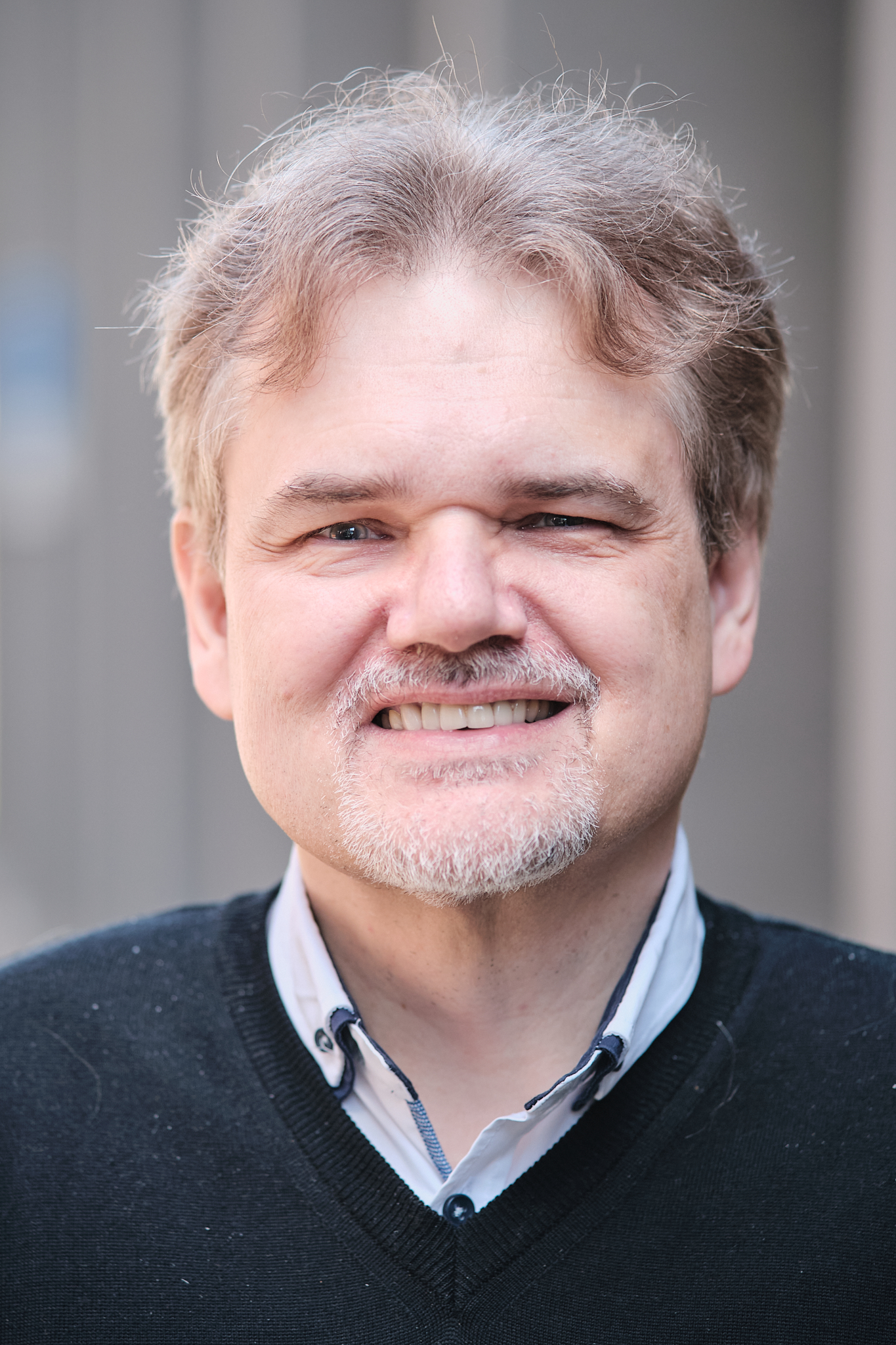
FPN’s prof. dr. Rainer Goebel has been awarded an ERC Advanced Grant of € 2,5M for his research project Reading the Mind’s Eye: AI inspired personalised brain models of mental imagery. Goebel is among 255 researchers (out of 1829 applications in all domains) in Europe to receive the grant, and he is one of the few researchers who received this grant twice.
-
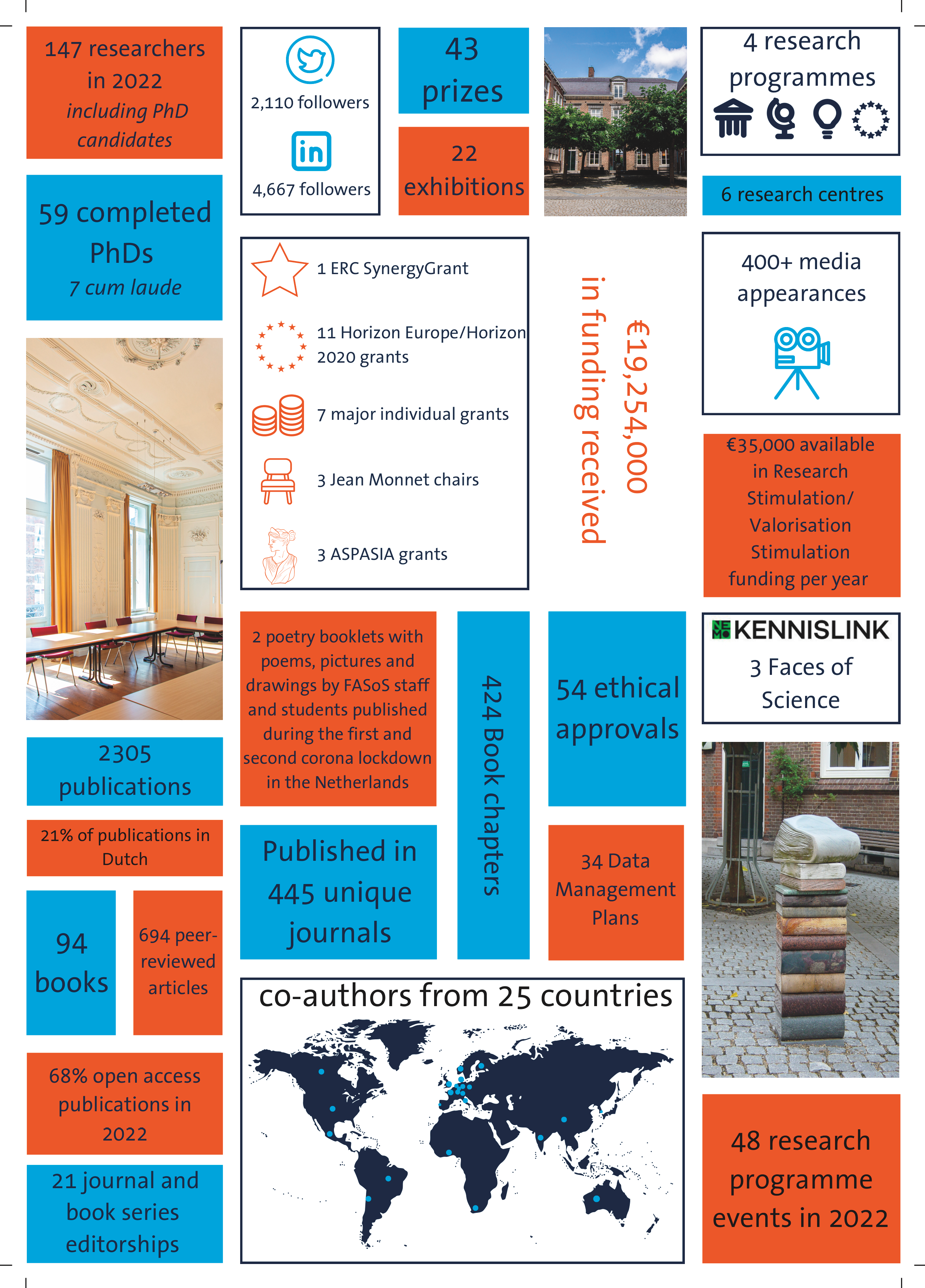
In its formal report, the committee noted that it was very impressed by the quality and relevance of research at FASoS.
-
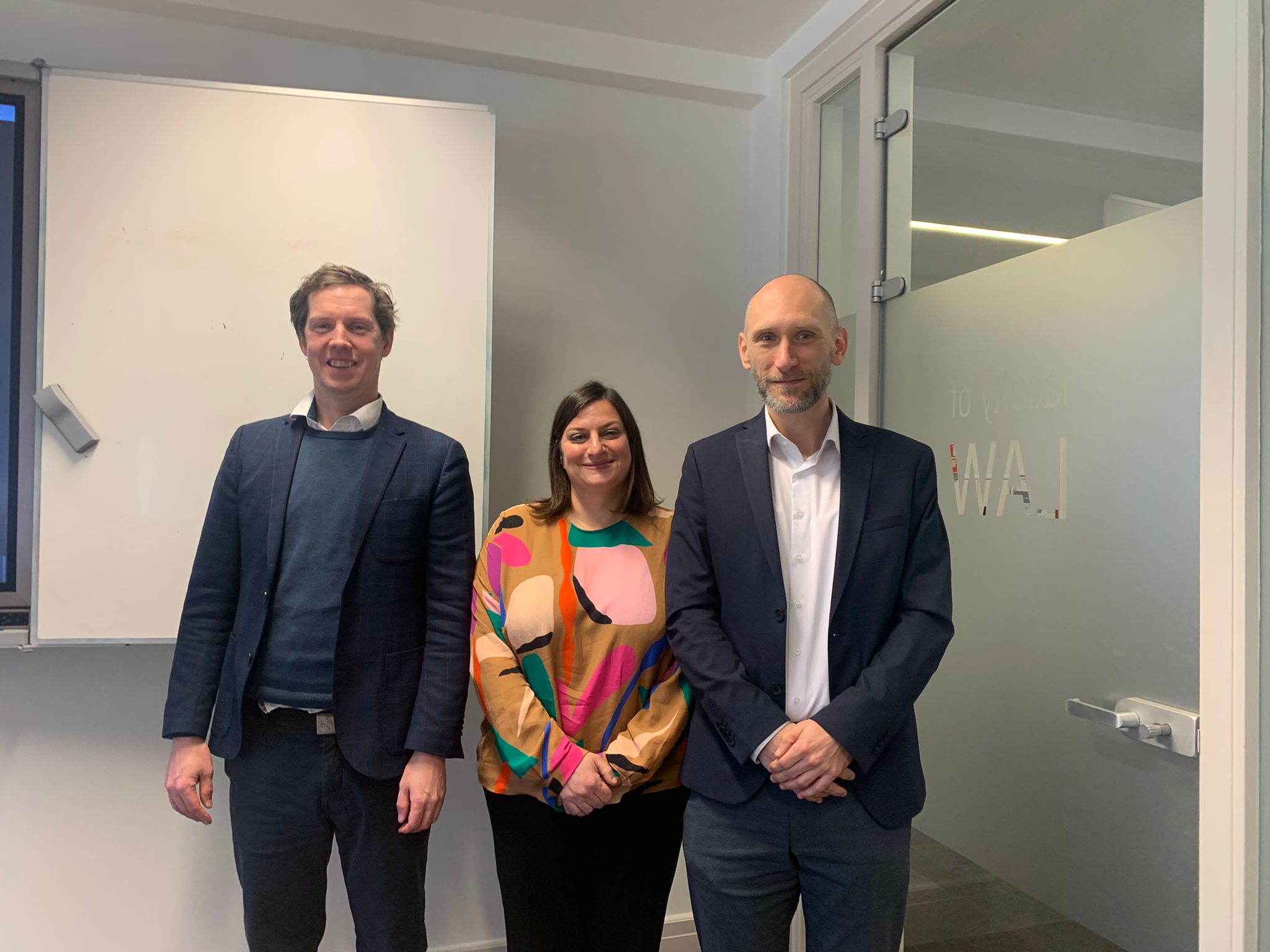
On 20 March 2024, the Globalisation & Law Network hosted the seminar featuring Professor Jacob Öberg (University of Southern Denmark).
-

“We have become an obesogenic society” say Anne Roefs and Gijs Goossens in an interview with the Limburger.
-

Scientists at the biomedical MERLN Institute of Maastricht University and the Maastricht University Medical Center have succeeded in growing an embryo structure of human identical twins purely from stem cells, without using an egg or sperm cell. Thanks to this culture, scientists are now seeing for the first time how twins are formed.
-
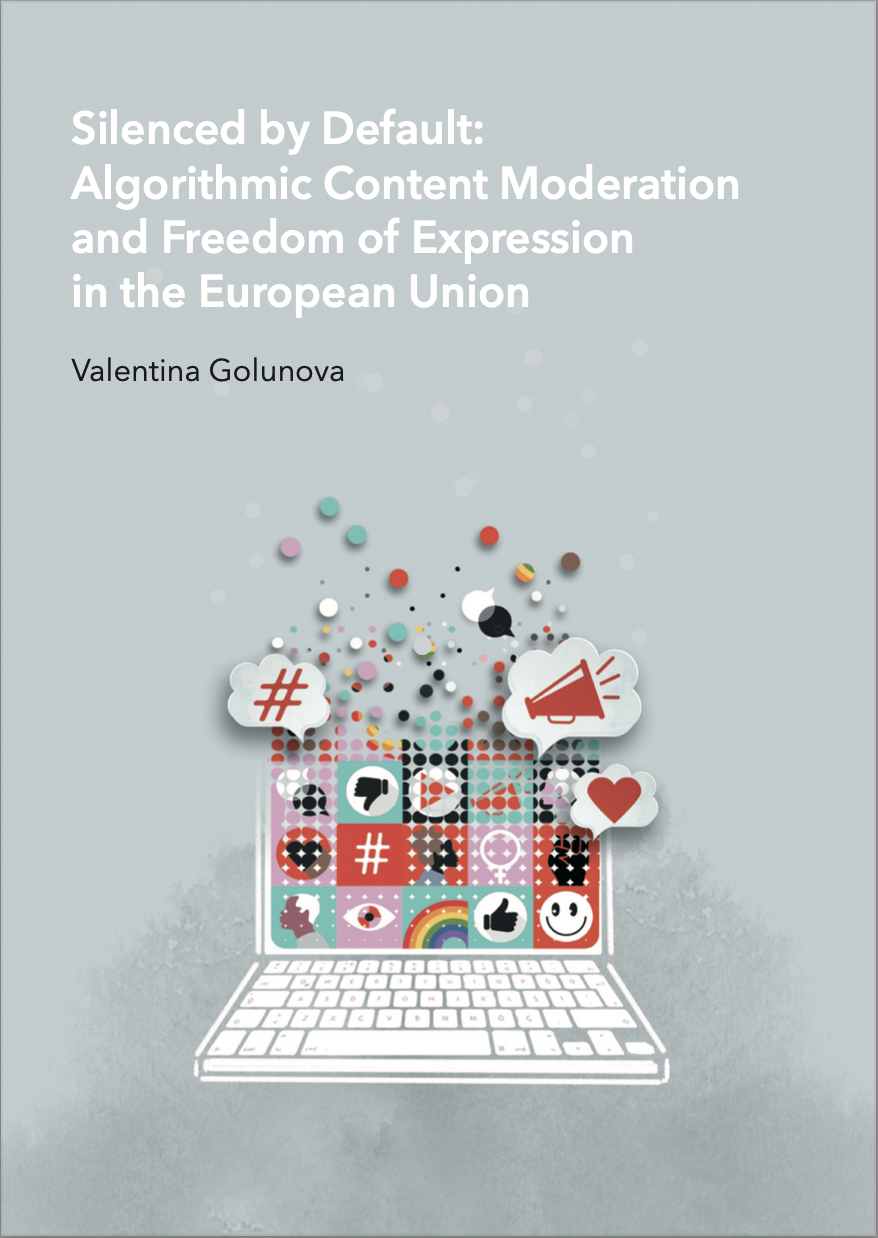
PhD thesis written by Valentina Golunova
This thesis has examined how the use of algorithms for the detection of illegal or harmful content on online platforms affects freedom of expression of EU citizens. Algorithmic content moderation is often hailed as an innovative solution to the problem of violative activity in the digital environment. The EU actively encourages online platforms to develop and deploy automated tools for addressing illegal material uploaded by their users. However, the excessive reliance on these tools can undermine the quality and diversity of public discourse online, silencing traditionally marginalised voices. Although the EU has recently adopted ambitious pieces of legislation regulating the market of digital services and AI systems, none of them comprehensively addresses the threats to freedom of expression posed by algorithmic content moderation. This thesis outlines a potential future regulatory framework that would ensure the responsible use of automated tools in content moderation. -
Students at Maastricht University can turn to the Wellbeing Team for a year round programme focused on mental and physical health. This includes a wide range of lectures and workshops on the Wellbeing Wednesdays as well as two annual Wellbeing Weeks full of activities such as the Wellbeing Wednesdays and the two annual Wellbeing Weeks, but also peer-to-peer activities. You can find the complete Wellbeing Movement offer here.
-
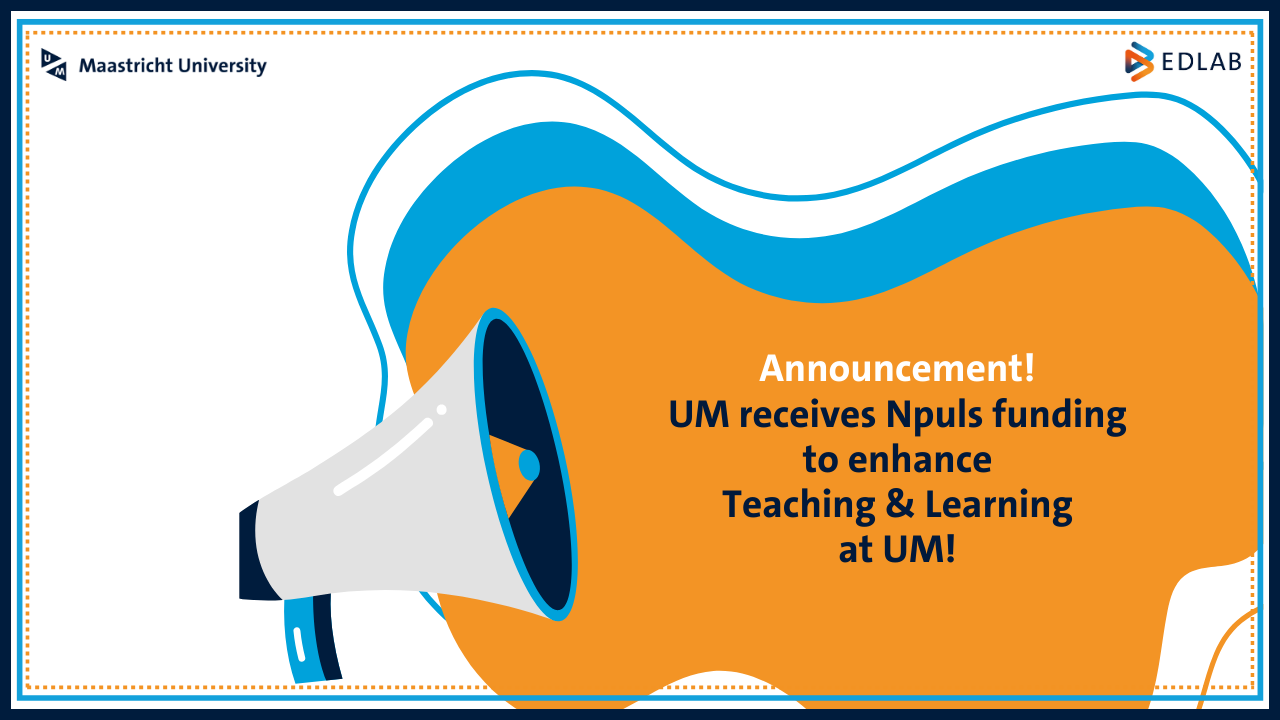
We are delighted to announce that EDLAB – Maastricht University Centre for Teaching & Learning has been granted a Npuls-CTL subsidy totalling nearly €500,000 for the period 1 September 2024 to 1 September 2027.
-
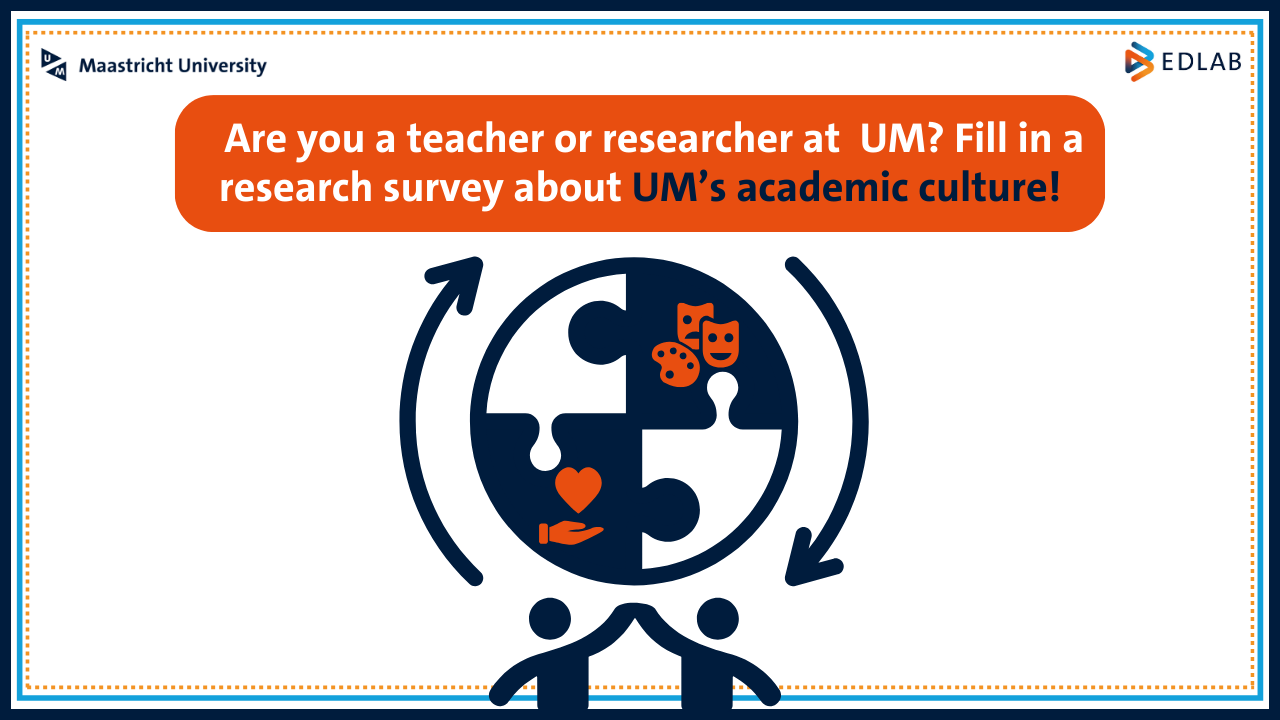
Are you an academic staff member at Maastricht University? Your insights matter!